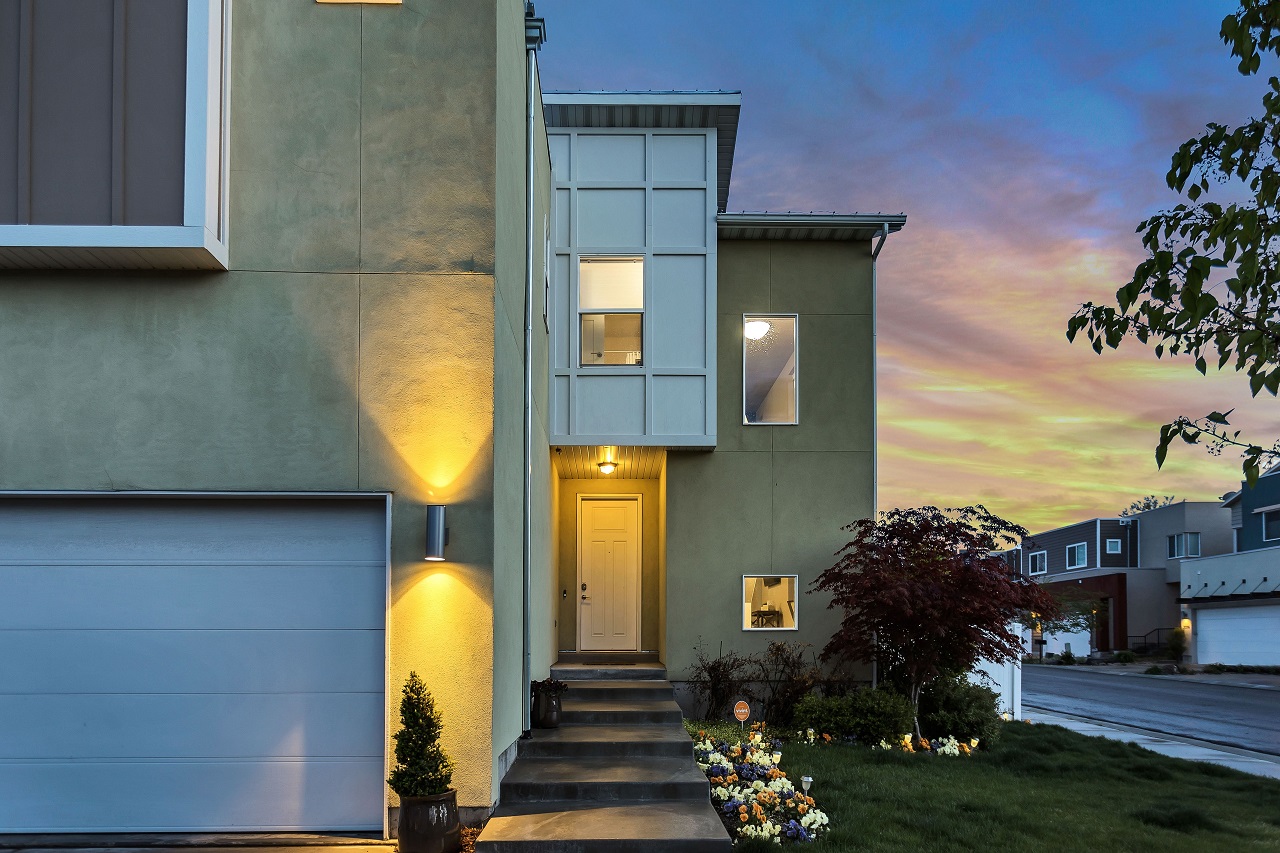You might have heard, or read somewhere, earlier this year that Ottawa’s first coach house was almost completed. This coach house is located on Hartleigh Avenue in the Lincoln Fields area. The coach house measured at approximately 500 square feet, which is roughly the size of many new condo apartment units.
But what is a coach house, and how can I use one to increase my property value? In this article, we’re going to talk about coach houses and what they can do to improve your property value.
What is a Coach House?
If you don’t know what the term coach house means, that’s okay – not many people do. A coach house is a detached residential unit that is built on the same lot as a preexisting home or is built from a previously standing building, for example, a detached garage.
A coach house is a permanent structure that has a foundation, along with gas and electricity services, sewage, water, and it must conform to the Ontario Building Code.
If you meet your city’s requirements to build a coach house, there are some size restrictions that you must adhere to. To minimize the impact on your neighborhood, the units are not allowed to bigger than 40 percent of the square footage of the main building. In urban areas, coach houses aren’t allowed to be more than one story.
The Impact of Coach Houses on Your Property
Coach houses were approved last October in Ottawa in response to provincial legislation that was encouraging coach houses as a way to increase the stock of affordable housing units.

Before this, Ottawa residents were allowed to create secondary units only inside their homes, for example, a basement apartment, but weren’t allowed to build a secondary building detached from their home on the same lot.
When building a coach house, most owners of the home are thinking about setting up the detached apartment for their aging parents or adult children who need an affordable place to live.
A coach house has plenty of potential of increasing your property value too. This is because it works as a secondary residence that could potentially earn you rental income. But it can also mean that your municipal taxes would increase and your insurance fees too.
The Costs of Building a Coach House
So, while the idea of building a detached apartment might seem like a great idea, it’s not a decision to take lightly.

The city of Ottawa says in a document for homeowners who are thinking about building one that high costs could be incurred with the building and servicing of these apartments. Therefore, all of the associated costs should be considered before proceeding with your decision to build a coach house.
In an interview, the developer of the first coach house in the Lincoln Fields area said that the cost of building a coach house ranges between $200 to $300 per square foot. This means that if you were to build a 500 square-foot coach house, you would end up spending around $100,000 to $150,000.
Rules and Regulations
The city of Ottawa came up with a list of requirements and rules for anyone who decides to build a coach house. These rules were designed after more than a year of consulting with residents and experts.
An example rule says that if you already have a basement in your home, then you won’t qualify for a coach house.
Along with size limits, some of the other rules require that water and other services to the coach house be connected to the services of the main house. A building permit is also required, and roof patios aren’t allowed on coach houses.
To build a coach house, there must be a preexisting semi-detached townhouse or duplex. If you have a detached building already, you can easily transform that into your coach house. Once the coach house has been built, you cannot sell it separately from your main home; this is because it needs access to a public road.

If you have mature trees on your property, these must remain intact and preserved. You don’t need to create additional parking, and parking in tandem in the existing driveway is permitted.
However, if you already have an income suite within your home, or live in Rockcliffe Park, you don’t qualify to build a coach house.
Remember that these are only a few examples of the rules and requirements that surround building a coach house.
The goal surrounding the rules of building a coach house is designed for a discreet intensification of density. This is especially true in neighborhoods that were built with single detached homes, rather than a mix of apartment buildings and residences.
Final Thoughts
Coach houses are a great way to increase your property value, but you must adhere to a bunch of rules and regulations to build one. Coach houses are an investment, especially because they can lead to having to increase your homes’ electrical capacity and having to pay increased property taxes.
Even with all costs considered, coach houses are a great addition to your property. If you decide that building a coach house is the best way for you to increase your property value, make sure that you’re following all rules and regulations.
If you want to build a coach house on your property, you need to get in contact with builders who care. That’s why you should look into Ottawa General Contractors. They are a great company that is dedicated to building you the best coach house possible.
That’s why they tailor all of their contracting projects to match your wants and needs. They can help you design your future coach house and help you build it too.
